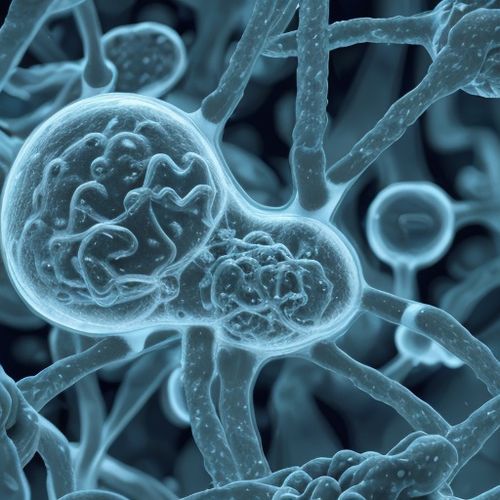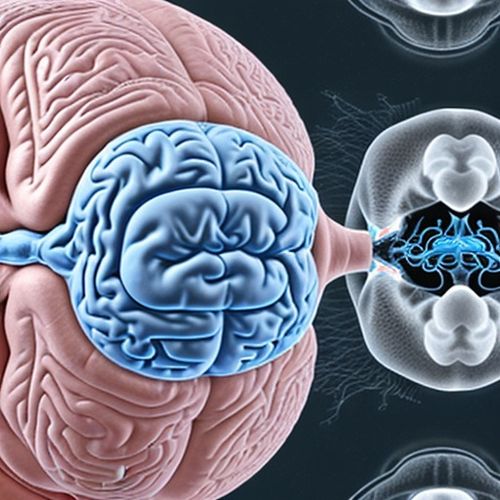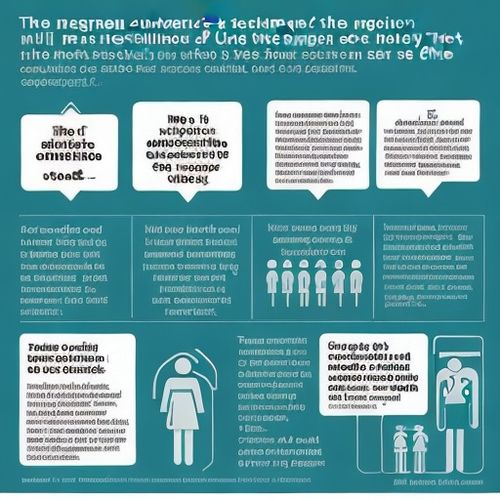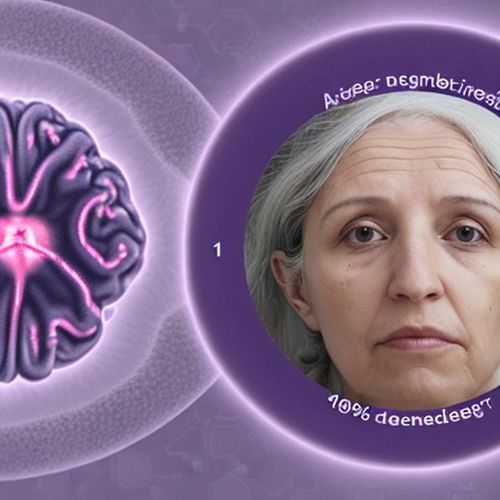In a groundbreaking development that seems straight out of science fiction, researchers have achieved the first successful "dream intervention" capable of implanting targeted memories during sleep. This revolutionary technique blurs the line between waking cognition and subconscious processing, opening doors to potential applications ranging from therapeutic treatments to accelerated learning.
The study, conducted by an international team of neuroscientists and published in Nature Neuroscience, demonstrates how specific memories can be selectively enhanced or implanted during rapid eye movement (REM) sleep - the phase most associated with vivid dreaming. Using a sophisticated combination of auditory cues and targeted memory reactivation (TMR), researchers were able to influence dream content and strengthen particular memories in sleeping participants.
How does it work? The process begins with participants learning specific information while awake, such as word pairs or spatial layouts. As they enter REM sleep, scientists monitor brain activity and deliver precisely timed auditory cues associated with the learned material. These subtle cues - often just the quiet repetition of keywords - don't wake the sleeper but trigger the brain to reactivate and strengthen the corresponding memories.
What makes this research particularly remarkable is the demonstration of false memory implantation. In one experiment, researchers successfully implanted entirely new spatial memories that participants had never encountered while awake. After waking, these individuals confidently "remembered" room layouts they had only "experienced" during sleep interventions.
The implications of this breakthrough are profound. For therapeutic applications, it could revolutionize treatment for PTSD by helping to rewrite traumatic memories during sleep. Education could be transformed through sleep-enhanced learning. The technique might even help restore lost memories in early-stage Alzheimer's patients by reinforcing neural connections during sleep.
However, the research raises significant ethical questions. The ability to implant memories - even beneficial ones - touches on fundamental issues of identity and autonomy. As lead researcher Dr. Elena Voss notes, "We're entering uncharted territory where we must balance tremendous therapeutic potential against profound philosophical questions about the nature of memory and self."
The team emphasizes that current techniques remain crude compared to the precision seen in fictional portrayals of memory manipulation. Implanted memories are simple and fragmented, not the complex, narrative experiences depicted in movies. Still, as the technology advances, society will need to establish clear ethical guidelines for its use.
Looking ahead, researchers aim to refine the precision of dream interventions and explore applications in skill acquisition. Early experiments suggest sleeping pilots might better retain flight procedures, while musicians could consolidate finger movements. The frontier of sleep-based cognition enhancement has officially opened, promising to reshape our understanding of memory, learning, and consciousness itself.

By Victoria Gonzalez/Apr 10, 2025

By Joshua Howard/Apr 10, 2025

By Noah Bell/Apr 10, 2025

By Emily Johnson/Apr 10, 2025

By Eric Ward/Apr 10, 2025

By Megan Clark/Apr 10, 2025

By Samuel Cooper/Apr 10, 2025

By Daniel Scott/Apr 10, 2025

By Emma Thompson/Apr 10, 2025

By Rebecca Stewart/Apr 10, 2025

By Lily Simpson/Apr 10, 2025

By John Smith/Apr 10, 2025

By John Smith/Apr 10, 2025

By Samuel Cooper/Apr 10, 2025

By John Smith/Apr 10, 2025

By Rebecca Stewart/Apr 10, 2025

By Joshua Howard/Apr 10, 2025